This landmark volume examines the middle classes- who they are and what they do – their influence in shaping contemporary cultural politics in India. It describes the historical emergence of these classes, their changing relationships with colonial power, the Indian state, and other social groups.
The articles in the book examine the changing profile of the middle class, with older groups shifting out and new entrants taking up residence, thereby transforming the character and meanings of the category. Across multiple sites of social action- workplaces and homes, schools and streets, cinema and sex surveys, temples and tourist hotels- this definitive volume delineates the lives of the middle classes and shows how middle-class definitions and desire articulate hegemonic notions of the normal and the normative.
In a provocative yet compelling argument, Elite and Everyman shows how, despite being a heterogeneous, internally differentiated social formation, the middle class has become a powerful unifying idea that drives political discourse on matters ranging from economic and social policy to international affairs. Ironically, the cultural dominance of this supposedly enlightened group may be responsible for undermining and subverting the democratic possibilities inherent in Indian politics.
This book will be required reading for scholars of sociology, anthropology, politics, urbanization, development studies, modern history and South Asian studies, and all those interested in social change.

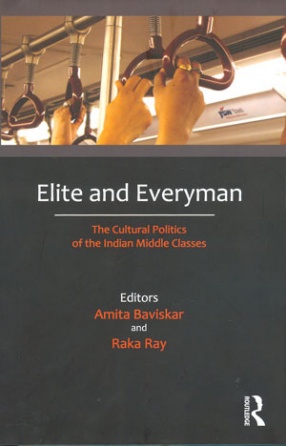
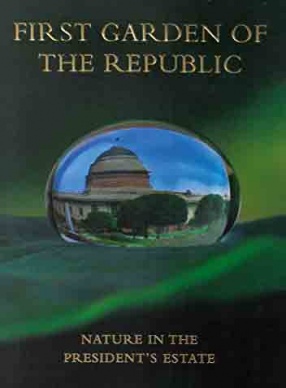


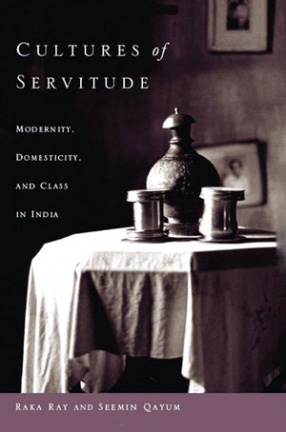

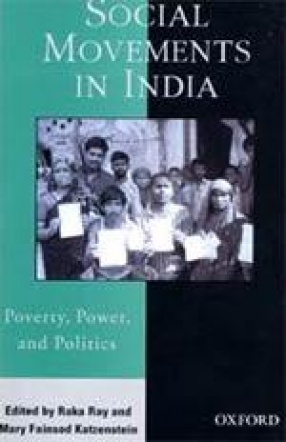
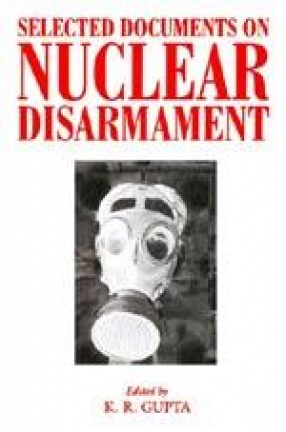
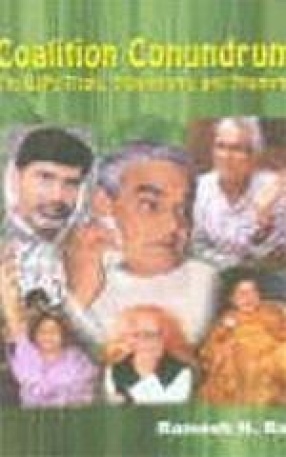
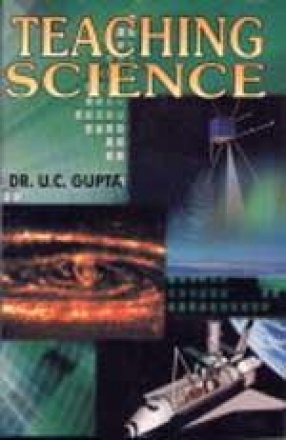
There are no reviews yet.